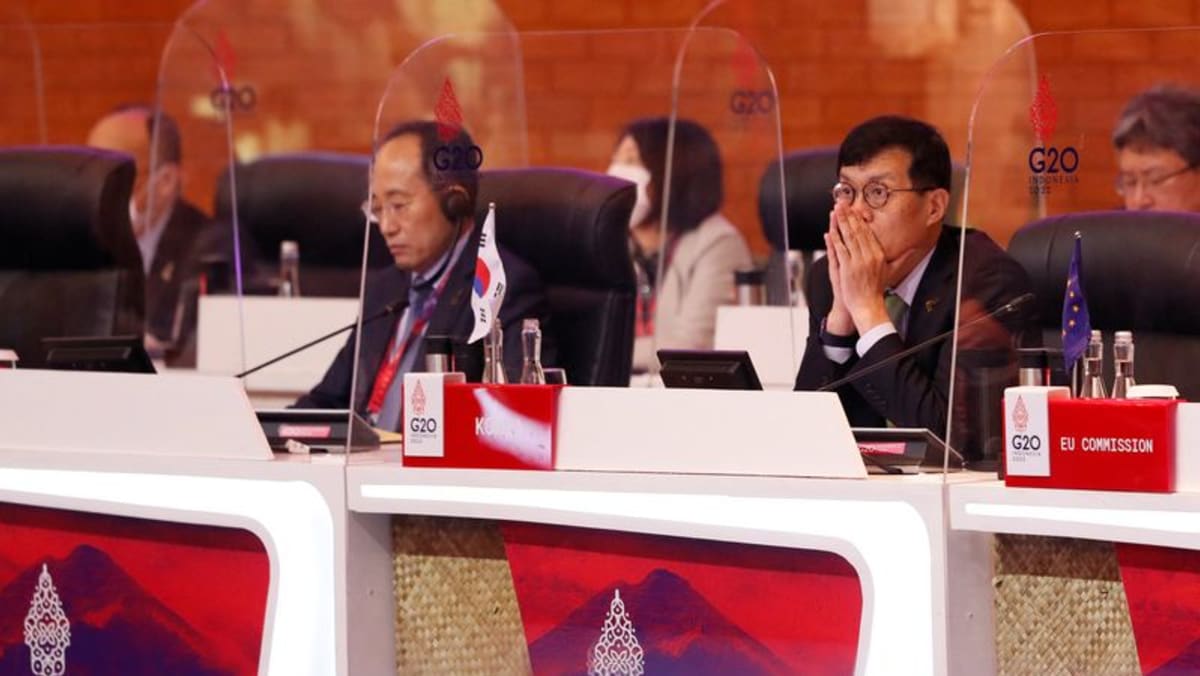
Russia’s finance minister attended the meeting virtually while his deputy attended in person. Ukraine’s finance minister addressed the session virtually where he called for “more severe targeted sanctions”.
Indonesia’s Sri Mulyani said while chairing a fractured G20 has been “quite overwhelming” due to the war in Ukraine, all members agreed that food insecurity requires special attention and she called for removal of trade protections that prevented flow of food supplies.
The G20 will set up a joint forum between finance and agriculture ministers to address food and fertiliser supply issue. A similar forum has been set up for finance and health ministers for pandemic preparedness.
Analysts said the failure to agree on a communique reflected the weakness of the once-mighty economic grouping.
“We are in a rudderless moment in the world economy with the G20 paralysed by Putin’s war and the G7 unable to lead on global public goods,” said Kevin Gallagher, who heads the Global Development Policy Center at Boston University.
G20 members pulled together at the start of the pandemic, but initiatives to cushion the shock for heavily indebted poor countries failed to produce significant results.
Western countries, concerned about the lack of transparency in China’s lending, were pressuring Beijing to restructure debt contracts and transform its role to “one that (contributes) to the country rather than to one of indebtedness and servitude”, said US Ambassador to Japan Rahm Emanuel. But they were frustrated that Chinese officials did not attend the meetings in person, making sideline discussions impossible.
Kristalina Georgieva, head of the International Monetary Fund, warned more than 30 per cent of emerging and developing countries – and a staggering 60 per cent of low-income countries – were in or near debt distress.
“The debt situation is deteriorating fast and a well-functioning mechanism for debt resolution should be in place,” she said.
Sri Mulyani said G20 also encouraged further progress on the implementation of the Common Framework for Debt Treatment beyond the debt service suspension initiative in a timely, orderly, and coordinated manner.
She said there were discussions on how to make the framework more effective for countries in need.

